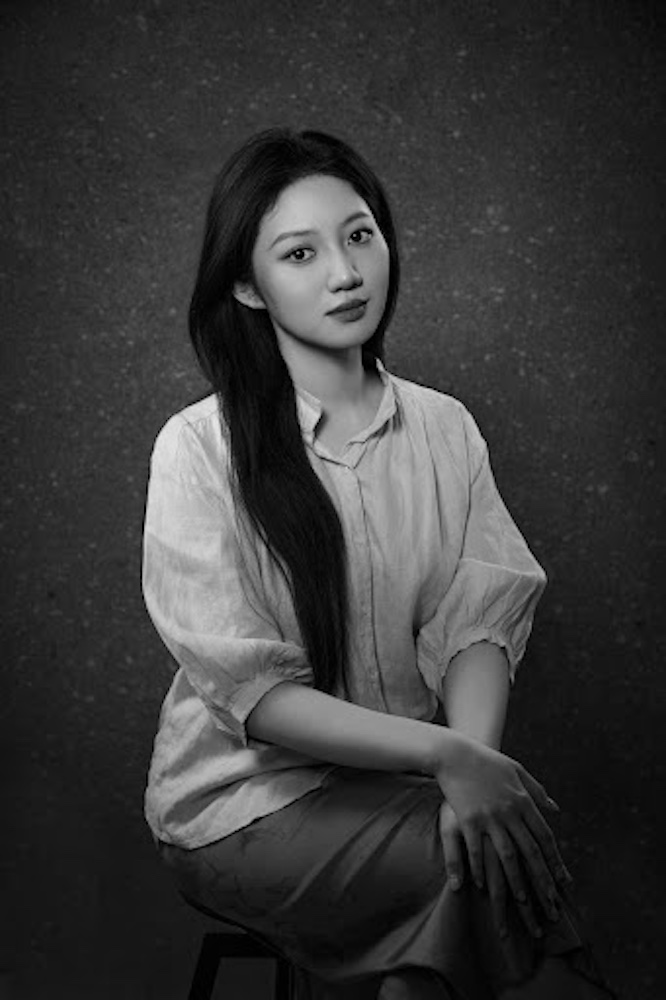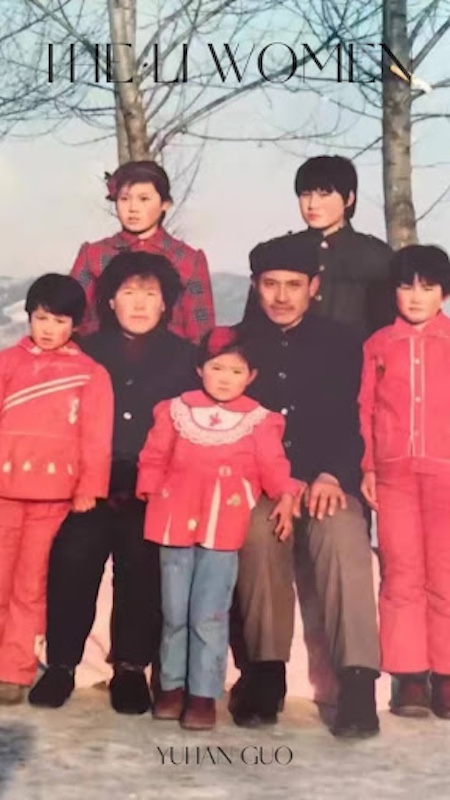
Blending Cultures and Markets: Yuhan Guo’s Journey in Documentary Filmmaking
Yuhan Guo is a documentary filmmaker from China. After graduating from University College London with MA in film, she has dedicated herself to working within the film industry.
As a documentary director with a background that spans different cultures, she has created many outstanding works. At the same time, she considers the cultural depth of her works while also contemplating their significance in the market from various perspectives.
This unique approach, which balances cultural exploration with market relevance, is what sets her apart and contributes to the strong representation of her work.

With your dual degree in Cultural Management and film studies, how do you find these disciplines intersect in your work? Do they complement each other?
The film industry caters to people’s spiritual needs once their material needs are met, hence the emergence of film as the “seventh art”. Especially after China adopted a market economy in the 1970s, films have increasingly aimed to satisfy market demands. My undergraduate studies at Communication University of Zhejiang provided me with a solid foundation in film production processes and artistic knowledge.
To gain a better understanding of the film market, I pursued a degree in Cultural Management at the Communication University of China. These fields intersect in that they both cover fundamental knowledge about film and the cultural industry, focusing on film’s essence and theoretical frameworks.
Moreover, they complement each other by offering different perspectives on the film industry, not just from the viewpoint of creators and audiences but also from an industrial angle, considering aspects like film investment and industry management under market regulation. This multidisciplinary education has broadened my approach to problem-solving and enhanced my understanding of the media industry.
In your film projects, how do you balance the artistic vision with the practical aspects of cultural management such as audience engagement and market viability?
My past works reflect my interests at various stages, focusing on individuals or events I believe are worth documenting. These stories, set against specific cultural or historical backgrounds, inherently possess value.
Documentaries excel in allowing audiences to choose subjects they find interesting or relatable, fostering a sense of connection and reflection. Understanding market and audience needs can make stories more accessible and popular, although I believe every film finds its audience.
In directing documentaries like “The Li Women” and “The Faith”, how did your background in cultural management help in organizing and executing these projects?
Projects like “The Li Women,” my longest film, and “The Faith,” which required extensive planning, benefited greatly from my understanding of film production management. Knowledge from courses in film production management was invaluable in timing and detailed planning, ensuring the successful execution of these projects within their deadlines.

(Still image from Yuhan Guo’s documentary film)
How do you incorporate cultural management perspectives into the storytelling aspect of your films?
Understanding the diverse fields within culture, including regional cultures, public culture, new and traditional media, allows for a multi-perspective approach in film presentation. For example, in “The Li Women,” I used archives and interviews to represent the Cultural Revolution, aiming for an objective and realistic portrayal of that era.

(Film ”The Li Women”)
What are some of the biggest challenges you’ve faced, and how have you addressed them?
Balancing expectations with limited budgets is a significant challenge. Despite high initial aspirations, practical constraints often lead to discrepancies between expectations and outcomes. Detailed planning and experience help minimize these gaps, aiming for better results.
Looking forward, how do you plan to utilize your combined expertise in cultural management and film in your future projects?
I aim to accumulate more experience to ensure my film projects not only possess artistic quality but also meet technical standards, similar to Hollywood benchmarks. This balance ensures artistry while maintaining production quality, an approach beneficial for the development of the global film industry. Applying knowledge from cultural management and adhering to its legal frameworks can significantly contribute to the perfection and growth of the film sector.



